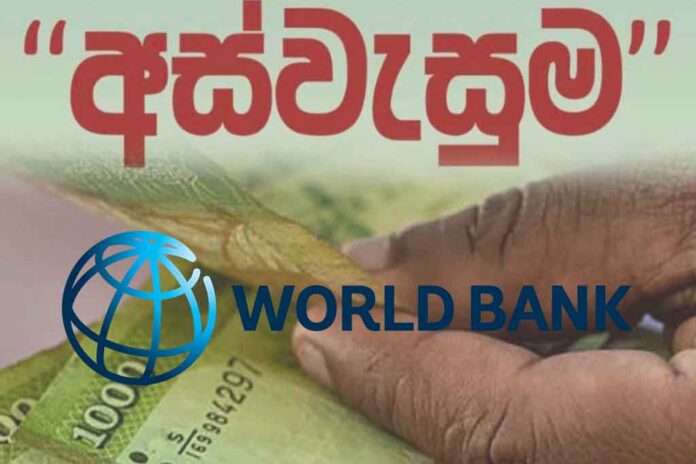The Committee on Ways and Means of Parliament convened to discuss the execution of the second phase of the Aswasuma Benefit Scheme, exploring the potential involvement of Samurdhi Development Officers. Chaired by Member of Parliament Patali Champika Ranawaka, the meeting gathered officials from key government institutions, including the Samurdhi Development Department and Welfare Benefits Board, alongside representatives from professional associations of Samurdhi Development Officers.
The initial phase encountered obstacles when Samurdhi Development Officers declined participation, leading to the assignment of responsibilities to Grama Niladhari officers. However, issues regarding their service constitution and allowances hindered their involvement, necessitating the engagement of apprentice officers and subsequently causing practical challenges, as highlighted by the Committee’s Chairman.
The Committee underscored the importance of leveraging Samurdhi Development Officers, specifically appointed for village-level social welfare activities, for the successful implementation of Aswasuma’s second phase.
Acknowledging the absence of legal barriers, the Chairman advised initiating beneficiary surveys, prioritizing poverty as a determining factor over education and health criteria. Additionally, he stressed the significance of incorporating electricity bill assessments to establish an undeniable and robust poverty measurement framework.
MP Ranawaka inquired if Samurdhi Development officials were prepared to contribute to accurately cataloging the impoverished. While the officials expressed willingness, they cited concerns under Sections 21 and 22 of the Welfare Benefits Act No. 24 of 2002, urging the removal of potential legal repercussions for acting on false information during duty performance.
Responding to this, Chairman Ranawaka reassured that officers had not faced issues with these clauses in the Act previously. He proposed options including amending the Act, formal written agreements, or trust-based responsibilities aligned with the nation’s needs.
While advocating for legal amendments, Samurdhi officials stressed the necessity for a statutory resolution. Consequently, the Committee expressed its intent to reiterate previous recommendations to the Finance Ministry to amend Sections 21 and 22 of the Welfare Benefits Act No. 24 of 2002.
State Minister Anupa Pasqual and MPs Dayasiri Jayasekara, Ashok Abeysinghe, S.M.M. Muszhaaraff, and Nalaka Bandara Kottegoda were among the attendees, signifying a concerted effort to resolve challenges hindering the Aswasuma Benefit Scheme’s effective implementation.

